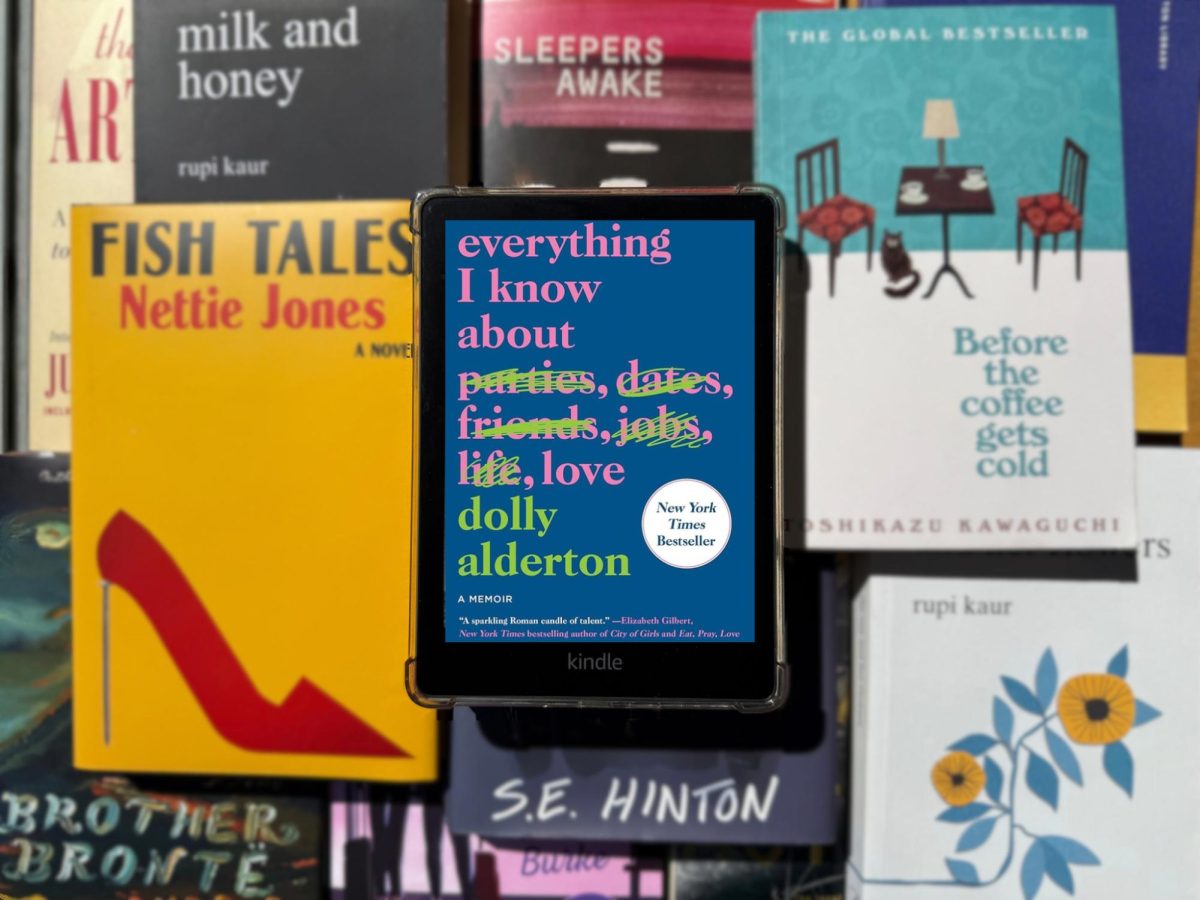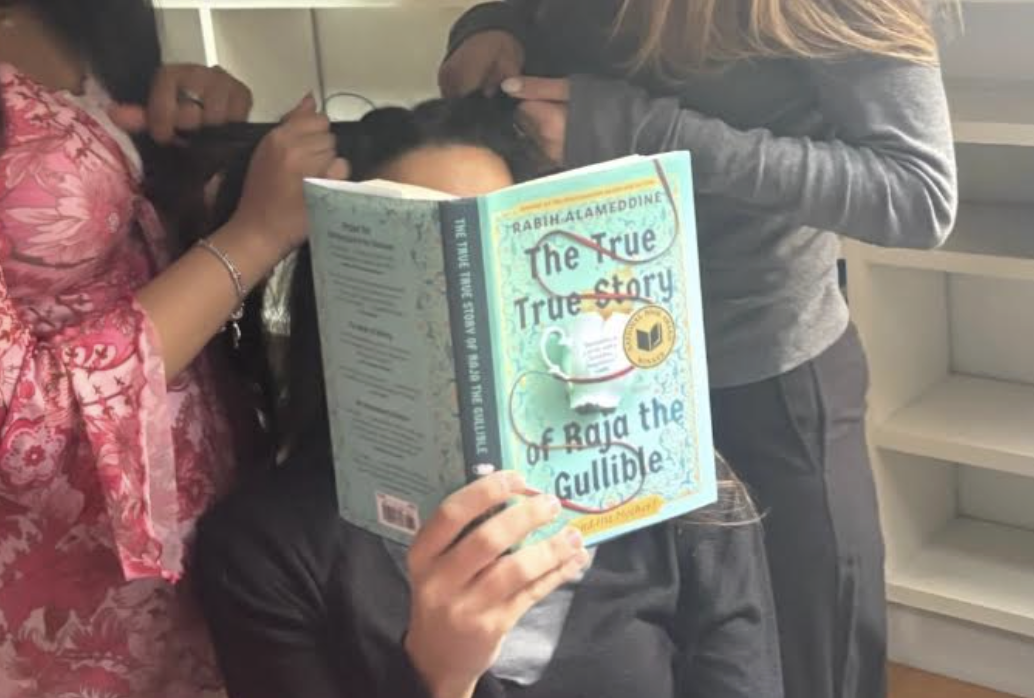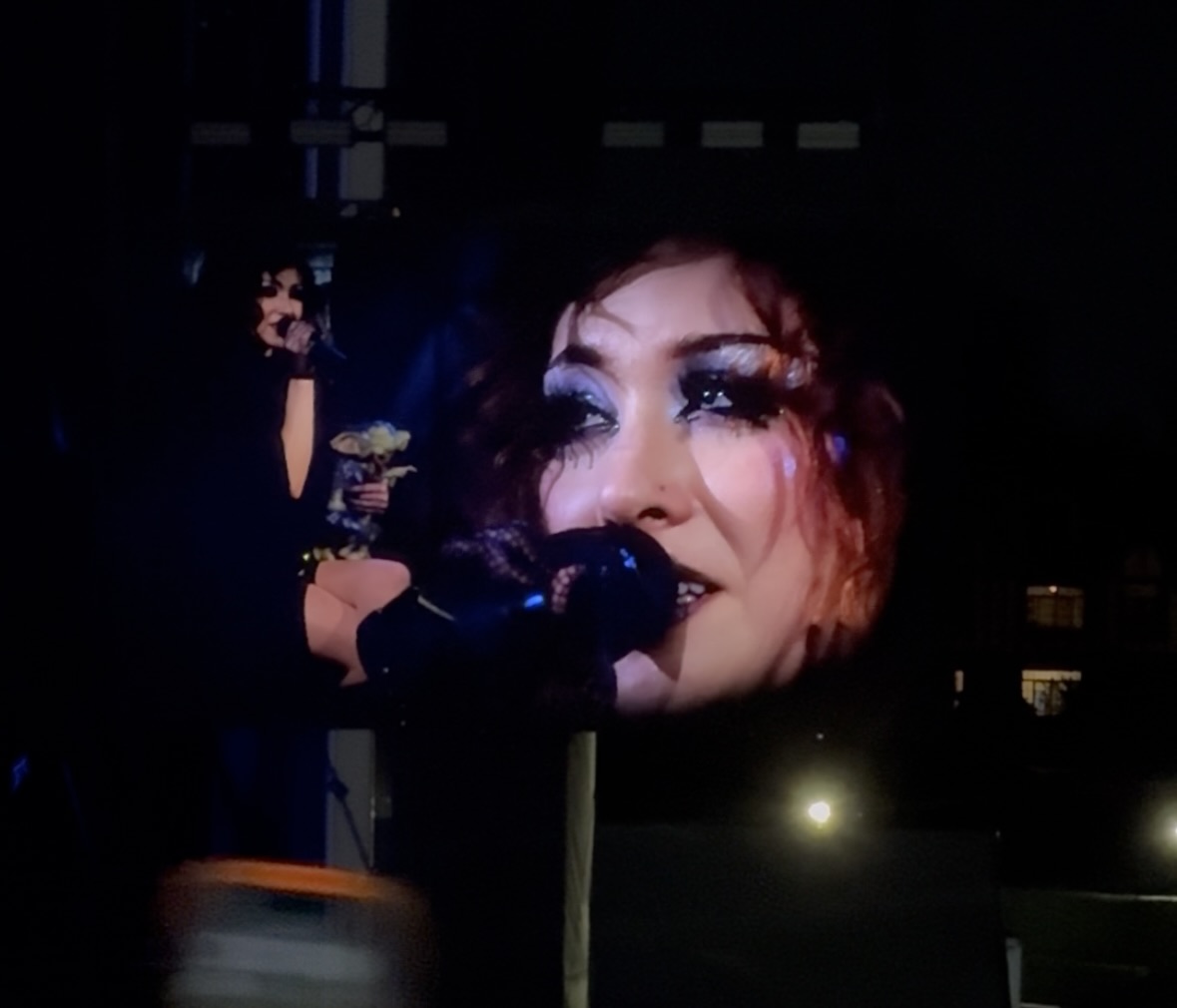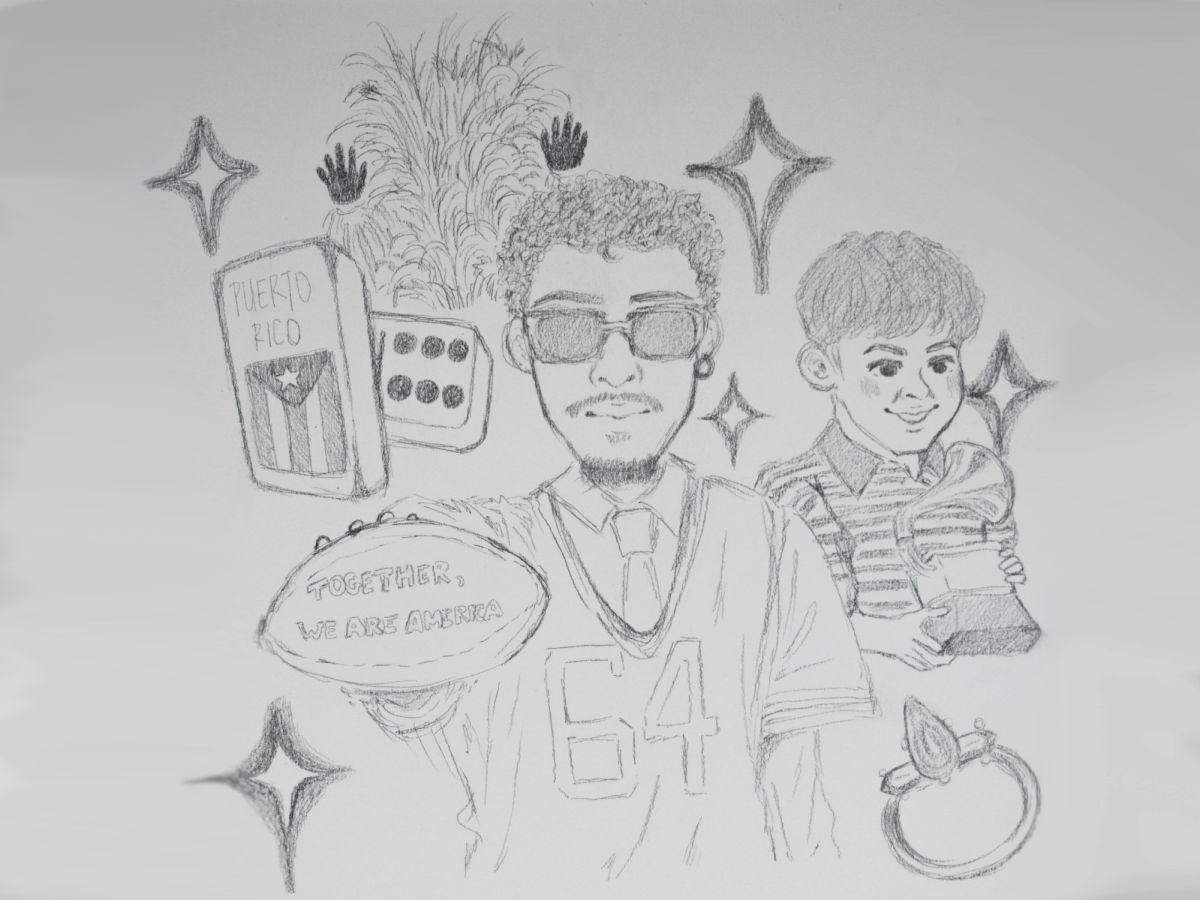Rating: 3.5/5
Recommendation: To anyone trying to figure out life in their 20s and beyond.
London. The 90s. University. Therapy. Friendship. Heartbreak. All these words can be used to describe the 2018 New York Times Bestseller “Everything I Know About Love” by Dolly Alderton.
Whether it be an all-encompassing first love, a string of bad breakups, a war over self-identity or even the oh-so-familiar dread of finding a job, Alderton has seen it all. The memoir follows the life of a woman from her adolescence to adulthood and recounts all her formative experiences and insights she has gleaned from them.
The comedic stories are balanced with heavier elements, providing the reader with a varied experience. The push and pull between these elements add to the intimate feeling and closeness that one gets from chatting with a friend. “Everything I Know About Love” was Alderton’s first book. The memoir gave readers a view as to who the author is and what she stands for. Her openness in the memoir struck readers as inspiring and is a possible factor in the book’s success.
Alderton’s journey of navigating life through the highs of strong friendships but also through the lows of personal loss is a core part of the memoir. “I wish someone had said to me when I was entering my 20s that basically, you’re not gonna be able to win at everything in this decade, whatever you choose to do,” Alderton said in an interview with The Cut.
The book acts as a guide for navigating one’s 20s, a part of life that gets talked about in romantic ideals but can be daunting in its experience. The memoir honors Alderton’s goal in a non-traditional manner by imparting wisdom through random pieces of advice, grocery lists and transcribed blast email chains, along with unusual recipes.
Alderton grips the reader with a witty yet sometimes sardonic voice by retelling stories and sharing anecdotes that can only be figured out in hindsight. Her collection of memoirs often features funny exchanges between friends or an embarrassing date, but she manages to sneak in quite a few, almost philosophical, musings within her comedic style of writing.
“I realized that places are kingdoms of memories and relationships; that the landscape is only ever a reflection of how you feel inside,” she said.
Despite the candid discussions of laughter and loss, there were parts of the memoir that fell flat and were harder to get through. The media and fans were quick to label the memoir as “The One,” a book that would totally change people’s perspectives and allow them to view the world differently. However, in the end, these were all lofty claims that weren’t quite achieved.
The cyclical and oftentimes destructive nature of Alderton led to the same insights being repackaged every few chapters.
If Alderton gets drunk and pays the taxi driver an expensive fee to visit her ex who lived many miles away from her, she learns that while she enjoyed her adventure, she shouldn’t have worried her friends so much. A few chapters later, she feels unsure of her place in life and takes a trip to New York on a whim, only to end up with the conclusion that she was happier back home.
The author aimed for this book to be relatable and accessible; however, that is up for debate as the chapters progress. Her unchecked privilege and routine ill-advised decisions land her in difficult situations but boil down to the same offerings of advice.
Alderton’s memoir is at times redundant, but readers can better their experience by approaching the story as a “pick and choose” for stories and advice that resonates with them.
“You are the sum total of everything that has happened to you,” she wrote. “Your eccentricities, foibles, and fuckups are a butterfly effect of things you saw on telly, things teachers said to you, and the way people have looked at you since the first moment you opened your eyes.”









